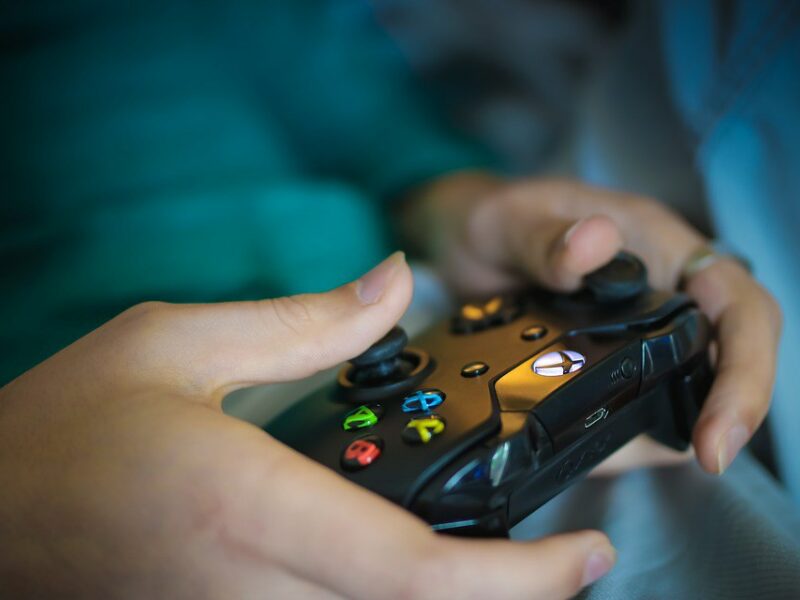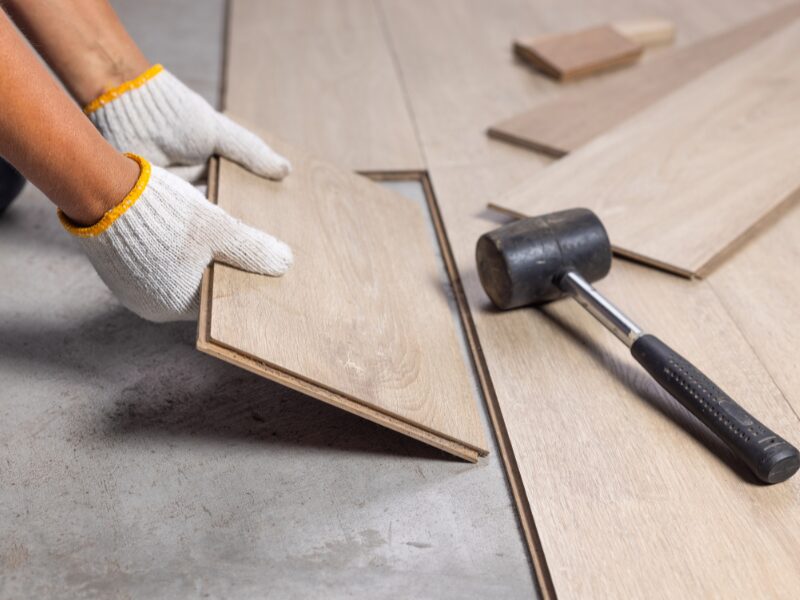Mental Health and Technology in Teens


With the rapid rise of technology in recent years, it has completely changed the way teenagers go through their day-to-day lives. Although a lot of these changes are positive and help make tasks easier, there are dangers to technology as well, especially for youth.
Many youth use online video gaming for social connections. This can create a community of online friendships that can be healthy and supportive and even branch out into the real world. On the other hand, this can become problematic if they start using their video game interactions to replace in-person connections, which can happen if they have some social anxiety or school phobia.
One thing that could prevent this from happening is for parents to monitor who their teens are talking to online, and for how long. If their online time starts to get in the way of their real lives and everyday routines, it may be time to make some changes.
Hours of aimless scrolling through social media or YouTube can at times be more detrimental to mental health as youth are more likely to absorb negative messages. Again, it can also be used for avoiding homework or other important daily tasks.
It’s all about balance. As parents, modeling balance with our phones is important. Putting our phones down to engage with our children is very important as well.
Parents need to play an active role in how their teens are using technology. Teens often need an ‘external brain’ when it comes to technology to help regulate use and create that balance. Try to set a certain number of minutes of screen time per day, or limit what times of day they can use their devices.
Screen time can get in the way of good sleep hygiene as well. Being mindful of no screens at least an hour before bed will allow the brain time to shut down for the night and should help your teen to sleep better. Giving their brain an hour to wake up in the morning before reaching for the phone can also be a helpful strategy to get the day off to a good start.
Another helpful tip is not to let your youth’s use of technology get in the way of your personal relationship. My 16-year-old son likes to read articles and watch videos on YouTube, like any other teenage boy. But engaging in conversation about what he is reading and watching is very important.
Encouraging youth to think critically about what they are watching and reading so that they form their own opinions and not just accept information they find online is essential in strengthening their critical thinking skills.
Instagram Feed
Our blend of compassion and expertise transforms lives, giving children the tools they need to build brighter and promising futures. But this life-changing care depends on your support.












